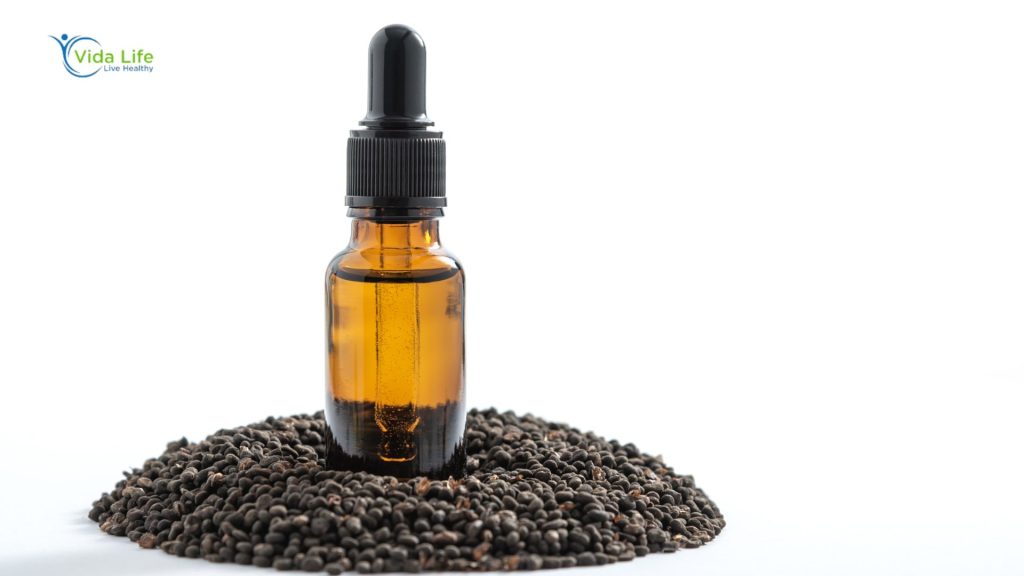Bakuchiol is an organic alternative to retinol that can boost collagen production and diminish pigmentation, as well as being gentler on sensitive skin than its more potency counterpart. Additionally, bakuchiol offers less chance for irritation during application than its synthetic counterpart.
Collagen is an all-in-one beauty solution, promoting collagen production and cell turnover while simultaneously diminishing wrinkles, dark spots and acne breakouts. Furthermore, it works well when combined with other skincare ingredients like Hyaluronic Acid or Vitamin C for maximum effectiveness.
1. It’s Non-Irritating
Adding new skincare ingredients to a client’s routine can be like curating the perfect mixtape from the ’90s; it takes time, research and some trial-and-error. But once you discover a solution that matches up perfectly with their mood it feels like hitting play on an artistically-curated playlist that was carefully composed just for them!
Bakuchiol is an innovative natural ingredient derived from plant seeds, making waves with its ability to soften fine lines and wrinkles without the irritation associated with traditional retinol treatments. Used since centuries for Ayurveda and Chinese medicine purposes, it stimulates cell turnover to fade dark spots while improving skin tone and texture – similar to its namesake retinol counterpart.
But unlike retinol, bakuchiol won’t leave skin more sensitive to sunlight or cause breakouts, meaning it can be used regularly (and frequently twice per day). Furthermore, pairing it with vitamin C makes an effective combination for targeting and brightening hyperpigmentation spots caused by acne or sun damage.
2. It’s Effective
Bakuchiol acts like a more gentle form of retinol to increase cell turnover, fade dark spots and shrink pore size while also possessing anti-acne, antibacterial, anti-aging and other beneficial properties. Additionally, it makes an ideal partner with powerful ingredients like niacinamide (an oil controller with strong anti-inflammatory capabilities) or vitamin C for brightening and lightening dark spots.
Bakuchiol is an Ayurvedic remedy derived from the seeds of Psoralea corylifolia plants and has long been utilized as part of Ayurvedic medicine for centuries. Krupa Koestline of Clean Beauty Lab explains: “Bakuchiol works through similar receptors as retinol but may cause less redness and scaling,” while she further recommends it for treating acne scarring and facial redness and scaling.
Studies have revealed that bakuchiol was just as effective in erasing fine lines and improving skin tone as retinol, yet with significantly less peeling and flaking. To take full advantage of its benefits, look for serums containing it alongside hydrating oils like sunflower, jojoba and squalane; use twice daily according to proper layering guidelines to maximize its impact.
3. It’s Natural
Bakuchiol offers anti-aging benefits comparable to more expensive and potency over-the-counter products, while being entirely natural. Unlike retinol (and its more powerful cousin, tretinoin), which may cause redness, peeling and irritation on sensitive or reactive skin types – particularly those who struggle to tolerate retinol treatments – bakuchiol can be applied without worry and without experiencing redness, peeling or irritation – it’s gentle on skin; perfect for anyone with sensitive or reactive skin who struggle to tolerate retinol treatments as it won’t cause redness, peeling or irritation, peeling or irritation; safe for dark skin tones as it has not been linked with pigmentation issues.
Bakuchiol’s gentle yet hydrating properties make it ideal for dry sensitive skin. More easily tolerated than retinol, which can irritate and strip skin, it can be used multiple times daily without experiencing any adverse side effects or experiencing excess oil production or shrinking of pores. You can find it in lightweight serum or cream formats that fit seamlessly into your routine.
4. It’s Safe
Bakuchiol has long been heralded as an alternative to Retinol that’s both safe and effective, and often recommended by dermatologists for sensitive skin types. Derived from seeds of Psoralea corylifolia plants, it has been demonstrated to increase collagen production* while simultaneously diminishing signs of aging.
As it’s an antioxidant, Vitamin C helps balance pigmentation and decrease pores’ appearance – both benefits that could prove invaluable for anyone suffering from acne or rosacea. Vitamin C should be applied two to three times a day and shouldn’t cause irritation when mixed with other skincare ingredients.
As with any new skincare ingredient, it is wise to introduce Retinol slowly into your routine gradually as your skin adjusts to it. Li advises starting out using it only three nights each week before gradually increasing to once or twice daily as your skin adjusts – eventually adding it into your morning regimen as a part of it all! To protect against sun exposure while using these products it’s also vital that sunscreen is regularly applied, especially if using Retinol products such as Retinoid.


